Academic Programs
Community Environmental Scholars Program
Through direct service, research, personal networking, and community organizing experiences, the Community Environmental Scholars Program (CESP) offers opportunities for students who want to link their passion for the environment with a commitment to the community.
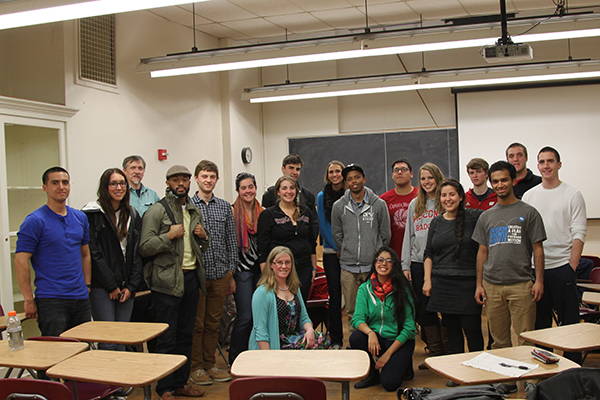
Campuswide Academic Engagement
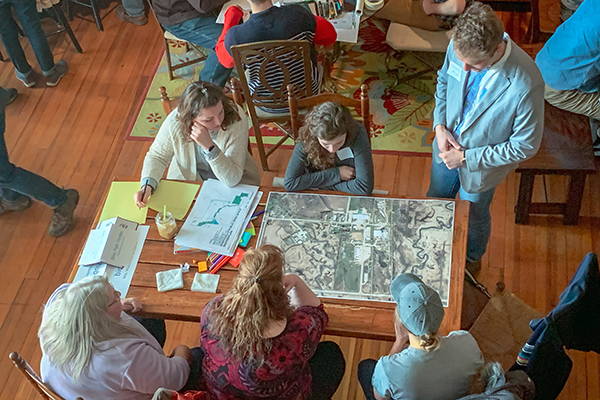
UniverCity Year Program
Launched in 2016 with the Wisconsin Idea in mind, this three-year program facilitates engagement between the UW–Madison learning community and localities, ultimately bringing faculty, students, and community members together to address some of the greatest challenges facing Wisconsin’s local governments.
Now in its sixth year, UniverCity Year has engaged with thousands of students and faculty members on hundreds of projects in 14 counties and villages across the state.
In each partnership, the community is at the heart of the UniverCity Year program, ultimately selecting which challenges should be addressed and what projects would be most impactful. Each of the 14 municipalities has identified challenges or projects to address during this partnership that range from evidence-based decision-making and economic improvements to flooding mitigation and racial equality.
Community Partnerships
Native Nations Partnership Program
In May 2016, the provosts of UW-Madison, University of Wisconsin Colleges, and University of Wisconsin Extension collectively authorized a new initiative: the Native Nations_UW (NN_UW) Working Group.
The NN_UW Working Group was convened to partner with the Native Nations in Wisconsin on efforts to improve health services, preserve the environment, develop local economies, strengthen families, and expand educational opportunities, while supporting the overall goal of strengthening Tribal sovereignty.
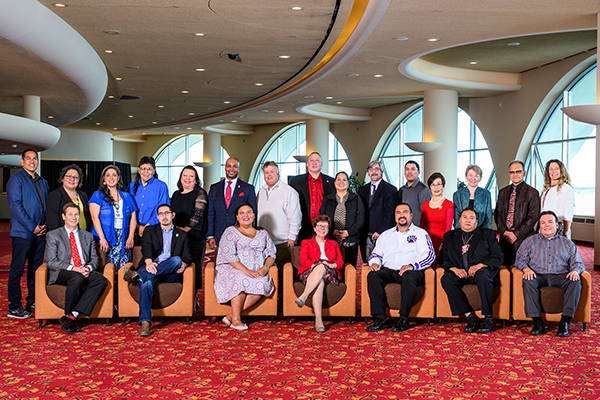
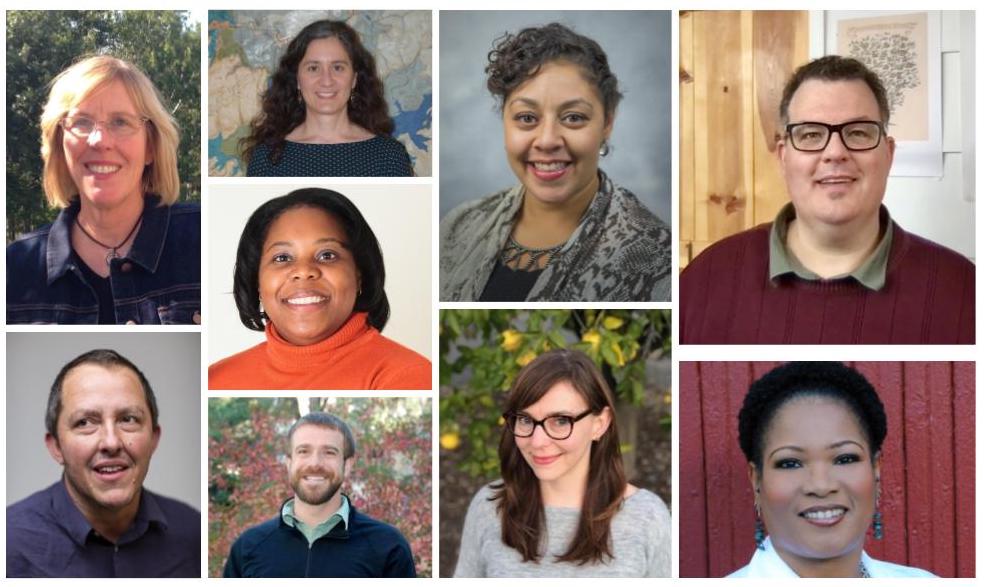
Humanities Education for Anti-Racism Literacy (HEAL) in the Sciences and Medicine
Selected as one of 16 winning projects in the Mellon Foundation’s “Just Futures Initiative” competition, the University of Wisconsin–Madison-based “Humanities Education for Anti-Racism Literacy (HEAL) in the Sciences and Medicine” will bring together faculty, students, community members and Tribal partners to address a lack of awareness of histories of racism in academic disciplines, especially in scientific disciplines, and a lack of diverse representation in STEMM across sectors, from academia to industry.
Elizabeth Hennessy, a UW–Madison professor in the History Department and the Nelson Institute for Environmental Studies, will lead UW’s project and Professor White is among UW-Madison’s cross-university team.
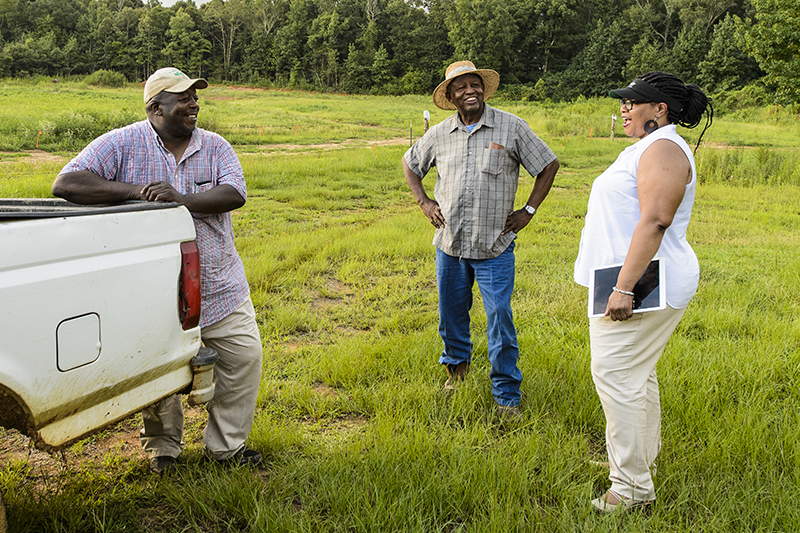
Vision
The Nelson Institute acknowledges that the study of the environment has been associated historically with a narrow demographic of stakeholders, communities, and populations.
The result is a community that is predominantly white, largely middle-class, and politically green, rather than one associated with a diverse range of interested communities.
The Nelson Institute intends to expand the breadth of environmental studies and direct ourselves toward the values and concerns of diverse communities, and to learn from and educate people from all walks of life.
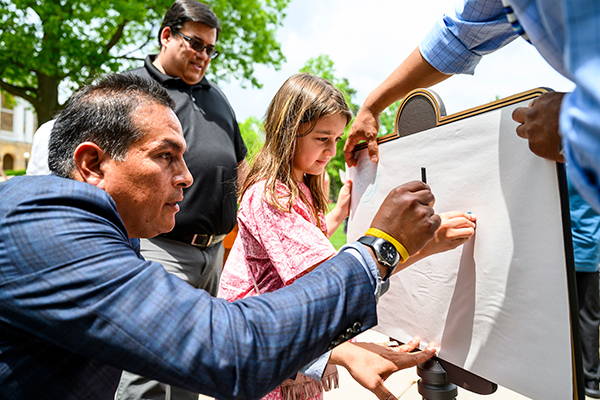
Mission
The Office of Environmental Justice and Engagement seeks to advance two goals of the Nelson Institute: environmental stewardship and social justice.
These goals will be accomplished through the coordination of activities and events that focus on environmental and racial justice, decolonizing relationships with Native communities, and diversifying the constituency for environmental issues and action.
The office will also serve as a catalyst for new research and teaching that will better serve diverse communities in the region and beyond.